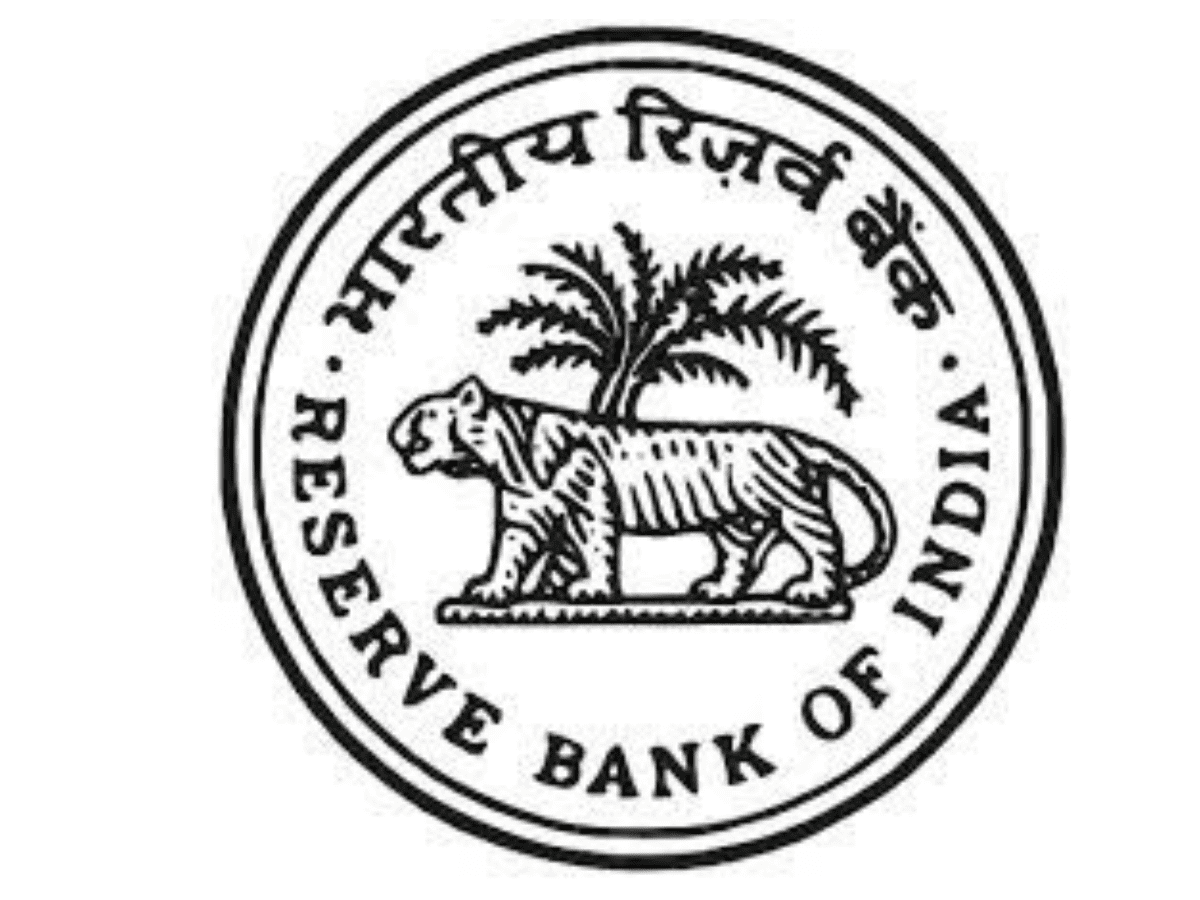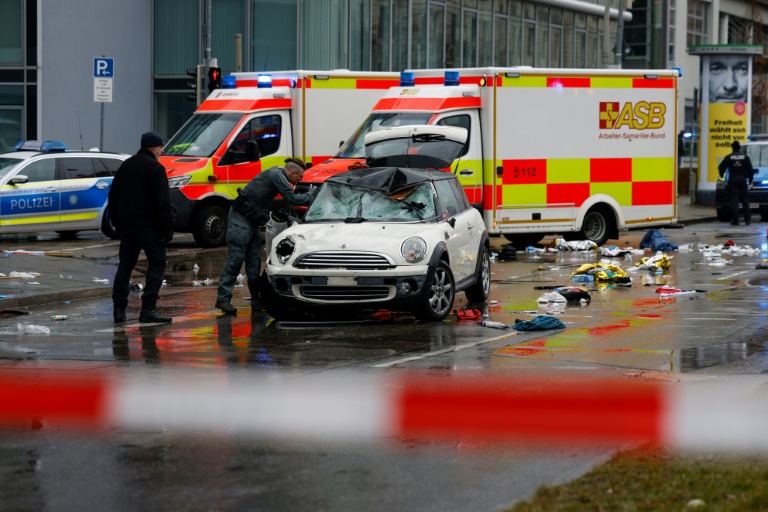Widely considered to be the man to beat is Nawaz Sharif of the Pakistan Muslim League-Nawaz (PML-N) party.
Sharif was prime minister – in 1990, 1997 and 2013 – and is gunning for the top job for a fourth time. This comes after the courts overturned his corruption convictions as well as a lifetime election ban last December.
Another prominent contender is Bilawal Bhutto-Zardari, the son of assassinated former prime minister Benazir Bhutto.
While he is not widely tipped by political watchers to win the election, his Pakistan People’s Party (PPP) could end up playing a key role in forming a coalition government if there is no clear winner.
However, it is the nation’s last elected prime minister Imran Khan – and his absence – that is dominating headlines and discussions.
IMRAN KHAN BEHIND BARS
Arguably Pakistan’s most popular politician, Khan is currently in prison on charges he has said are politically motivated.
He was given lengthy jail sentences in recent months on multiple convictions, including for corruption and unlawful marriage, and is facing more.
The 71-year-old has been banned from holding public office for an accumulated term of 10 years.
Khan has maintained his innocence and said the offences have been fabricated by the military-led establishment to stop him from contesting elections and destroy his Pakistan Tehreek-i-Insaf (PTI), the Pakistan Movement for Justice party.







